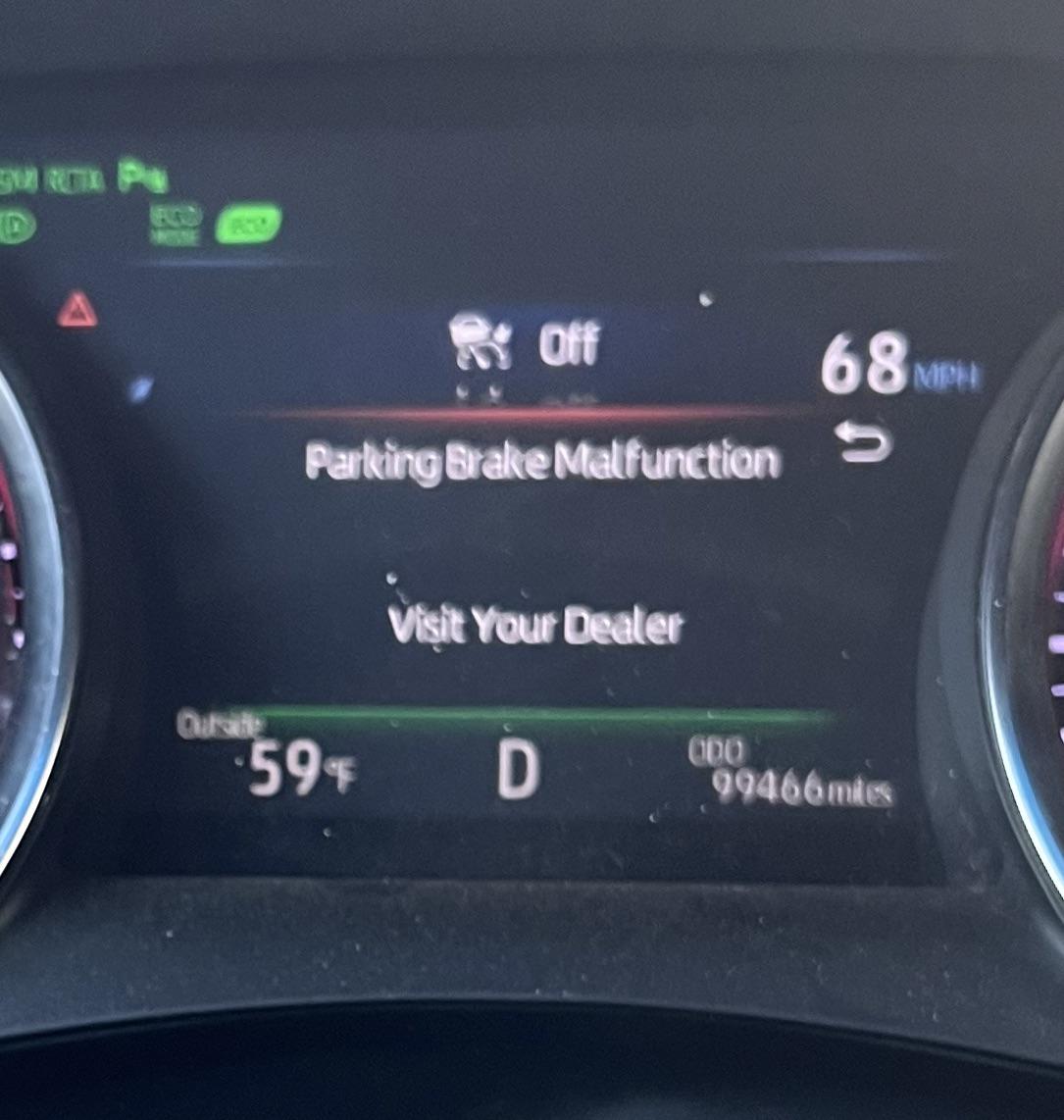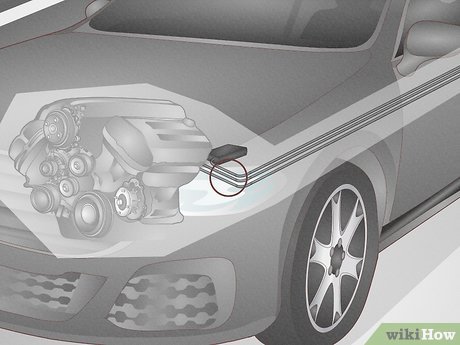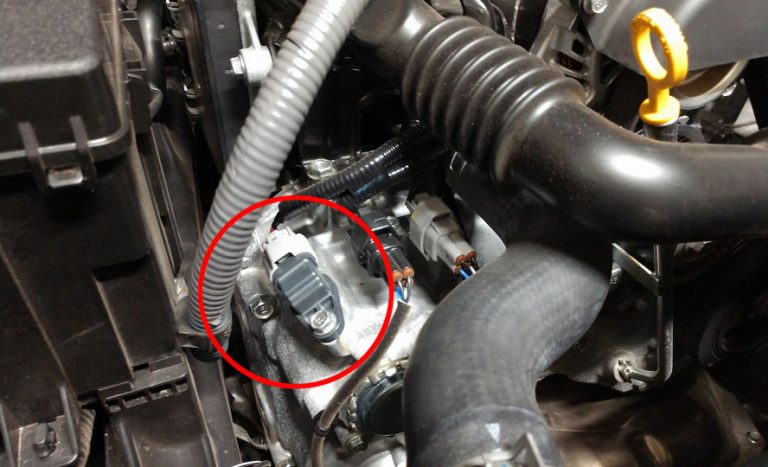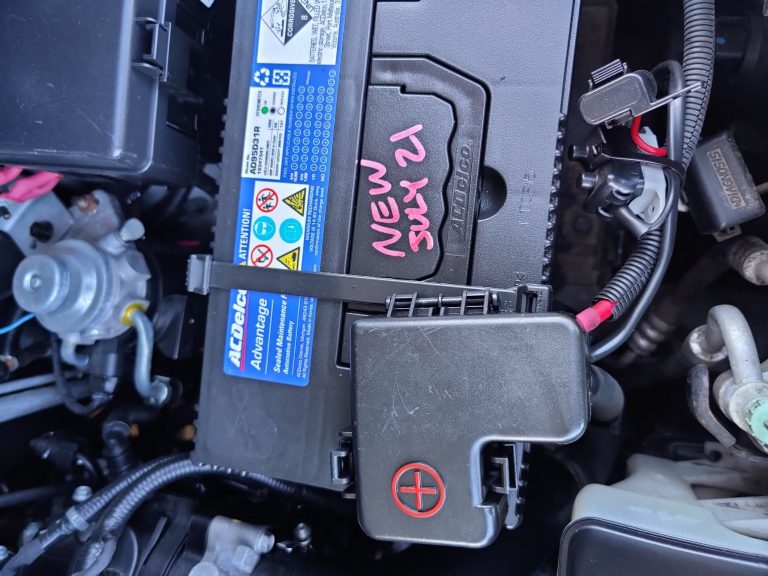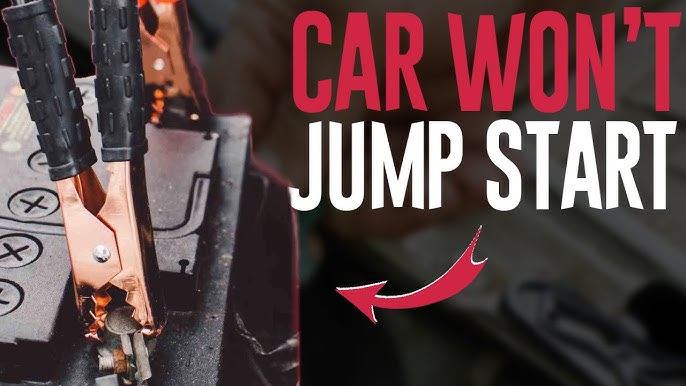Parking Brake Malfunction Toyota: Troubleshooting Tips
A parking brake malfunction in a Toyota may result from a faulty brake switch, low battery voltage, or issues with the electronic brake actuator. Warning lights or error messages may appear on the dash. A diagnostic scan is recommended to identify the exact cause and ensure proper brake function.
Is it safe to drive? How much is this going to cost you? Don’t worry; you’re not alone. Many Toyota owners have faced this issue, and the solution might be simpler than you think. We’ll unravel the mystery behind the parking brake malfunction, exploring the causes, symptoms, and most importantly, what you can do to fix it.
By the end, you’ll not only understand this common problem but also feel equipped to handle it confidently, ensuring your Toyota is back in perfect condition. Read on to save yourself time, stress, and potentially costly repairs.
Parking Brake Malfunction Toyota
Common Causes Of Malfunction
Toyota vehicles are known for their reliability and performance. Yet, even the best cars can face issues. A malfunctioning parking brake is one such problem. Understanding the common causes of parking brake malfunction can help drivers identify and address issues promptly. This ensures safety and proper functioning of their vehicle.
Read more: How to Reset Electronic Parking Brake: Step-by-Step Guide
1. Worn Brake Cables
Brake cables endure constant tension and pressure. Over time, they can wear out. This leads to reduced effectiveness of the parking brake. Regular inspection and timely replacement can prevent malfunction.
2. Corrosion and Rust
Corrosion is a major enemy of car components. Brake cables and mechanisms can rust, especially in humid climates. This can hinder the movement and function of the parking brake. Regular maintenance helps protect against rust-related issues.
3. Misadjusted Brake Shoes
Brake shoes need proper alignment for effective braking. Misalignment can occur over time due to wear. This can result in the parking brake failing to engage correctly. Regular adjustments can keep the brake shoes in optimal condition.
4. Damaged Brake Lever
The brake lever is crucial for engaging the parking brake. If it gets damaged, the brake may not function properly. Physical damage can occur from accidents or excessive force. Inspecting the lever periodically ensures it remains intact.
5. Low Brake Fluid
Brake systems rely on fluid to operate. Low brake fluid levels can affect the parking brake’s performance. Checking and refilling brake fluid is essential for maintaining brake effectiveness.

Credit: www.reddit.com
Read more: Electric Parking Brake Problem Honda Civic: Solutions & Tips
Signs Of A Faulty Parking Brake
Identifying the signs of a faulty parking brake in your Toyota is crucial. A malfunctioning parking brake can lead to unexpected issues. Regular checks help ensure your safety on the road. Understanding these signs can prevent costly repairs.
Unusual Noises
Strange sounds may indicate a parking brake problem. Grinding or squealing noises suggest worn-out components. These sounds often arise during activation or release.
Brake Warning Light
The brake warning light on your dashboard should not be ignored. It signals potential issues with the parking brake system. Immediate attention is necessary to avoid further complications.
Loose Brake Lever
A loose brake lever might mean a faulty parking brake. It should engage and disengage smoothly. If it feels loose or lacks resistance, inspection is needed.
Car Moves When Engaged
The parking brake should hold your car in place. If the car moves while the brake is engaged, there’s a problem. This situation requires urgent attention to prevent accidents.
Burning Smell
A burning smell can suggest an overheated parking brake. This may happen if the brake does not fully release. Addressing this quickly is vital to avoid damage.
Excessive Lever Travel
Excessive lever travel indicates an issue. The lever should not require much movement to engage. This condition often points to worn or stretched cables.
Diagnostic Tools And Methods
Parking brake malfunctions in Toyota vehicles can disrupt your day. Understanding diagnostic tools and methods is crucial. This ensures your car remains safe and functional. Identifying the exact problem helps in efficient repairs.
Obd-ii Scanners
OBD-II scanners are essential for diagnosing brake issues. They connect to the car’s computer system. This tool retrieves error codes. These codes indicate specific problems with the parking brake. Mechanics use this information for accurate repairs.
Visual Inspection
A visual inspection is simple yet effective. Check for visible wear or damage. Look at the brake cables, pads, and rotors. Any unusual signs can hint at a malfunction. This method often reveals obvious issues.
Electrical Testing
Electrical testing checks the brake’s electrical components. A multimeter measures voltage and current. It helps in identifying faulty wiring or connections. This ensures the parking brake’s electrical system functions correctly.
Hydraulic System Check
Hydraulic systems play a role in some parking brakes. Inspecting the hydraulic system ensures it operates smoothly. Check for leaks or low fluid levels. Proper maintenance prevents hydraulic-related brake issues.
Professional Diagnostics
Sometimes, professional diagnostics are needed. Experts use advanced tools. These tools provide comprehensive insights into the brake system. Professional help often resolves complex issues quickly.

Credit: www.reddit.com
Diy Repair Techniques
Dealing with a parking brake malfunction in your Toyota can be frustrating. Yet, understanding DIY repair techniques can save time and money. This guide helps you tackle common issues with simple solutions.
Understanding The Parking Brake System
The parking brake system ensures your vehicle stays stationary. It’s crucial for safety. This system includes cables, levers, and brake pads. Learning how each part works helps diagnose issues.
Tools You Will Need
Basic tools are essential for DIY repairs. Gather a socket set, screwdrivers, and pliers. A jack and wheel chocks are also necessary for safety. Having these tools ready makes the process smoother.
Inspecting The Brake Cables
Start by checking the brake cables for wear or damage. Look for frays or breaks. Damaged cables need replacement. This ensures the brake functions properly.
Adjusting The Brake Tension
Loose brakes can fail to hold the car. Adjust the tension using the adjuster nut. This is usually located near the brake lever. Tighten until the brake feels firm.
Checking Brake Pads
Inspect the brake pads for wear. Worn pads need replacement. New pads ensure effective braking. This step is crucial for maintaining brake performance.
Testing The Repair
After completing repairs, test the brake. Engage the brake and try to move the car. It should hold steady. If not, recheck each step for errors.
When To Seek Professional Help
Understanding when to seek professional help for a parking brake malfunction in your Toyota is crucial. Many drivers can handle minor issues. But serious problems need expert attention. Ignoring them might lead to bigger repairs. Plus, safety risks increase. Spotting the signs early can save money and ensure safety.
Unusual Sounds
Listen for grinding or squealing noises. These sounds signal brake issues. Unusual noises mean it’s time for a professional check. Ignoring these can worsen the problem.
Brake Warning Light
The brake warning light on the dashboard is critical. It alerts you to potential issues. If this light stays on, don’t delay. A professional should inspect it immediately.
Reduced Brake Performance
Notice if your brakes feel less responsive. Reduced brake performance needs urgent attention. A professional can diagnose the cause. It ensures your safety on the road.
Burning Smell
A burning smell around your vehicle is a red flag. This can indicate overheating brakes. Immediate professional help is necessary. It prevents further damage.
Visible Fluid Leaks
Fluid leaks near the wheels or under the vehicle are concerning. Brake fluid is vital for function. Leaks can lead to brake failure. Professional repair is essential.
Credit: www.toyotanation.com
Frequently Asked Questions
What Causes A Parking Brake Malfunction In Toyota?
A faulty brake cable often causes parking brake malfunctions. Worn-out brake pads or electrical issues can also be culprits.
How Do I Reset The Toyota Parking Brake?
Turn off your car and restart it. This can reset the system. If not, consult a mechanic.
Can I Drive With A Malfunctioning Parking Brake?
It’s risky. Driving with a malfunctioning parking brake can cause further damage. Get it checked soon.
How Much Does It Cost To Fix A Toyota Parking Brake?
Costs vary. Typically, it ranges from $100 to $300 depending on the issue and model.
Are Parking Brake Issues Common In Toyota Models?
Not really. Toyota vehicles usually have reliable parking brakes. Regular maintenance can prevent issues.
Parking Brake Malfunction Toyota – Key Points:
- Warning Light On: Dashboard may show a “Parking Brake Malfunction” or similar alert.
- Possible Causes: Faulty brake switch, damaged sensor, low brake fluid, or wiring issues.
- Brake Won’t Engage/Release: The parking brake may fail to hold or release properly.
- Electronic Brake System Fault: Common in newer models with electronic parking brakes.
- Solution: Check brake fluid, inspect the switch and fuses, or consult a technician.
Conclusion
Toyota parking brake issues need attention for safe driving. Regular maintenance helps avoid problems. Timely repairs save future costs and stress. Simple checks can prevent serious accidents. Consult a mechanic if unsure. Keep your Toyota manual handy for guidance. A reliable brake system ensures peace of mind.
Prioritize safety over delays. Your car’s health impacts your driving experience. Always choose trusted service providers. Stay informed, stay safe. Knowledge empowers you to handle brake issues better. Remember, safety starts with awareness and action. Drive confidently with a well-maintained vehicle.

